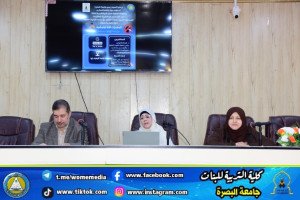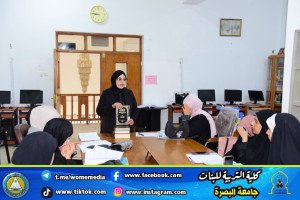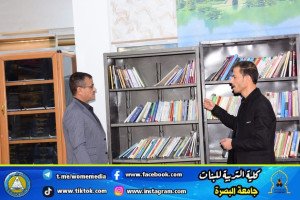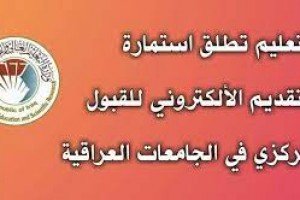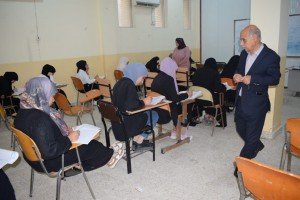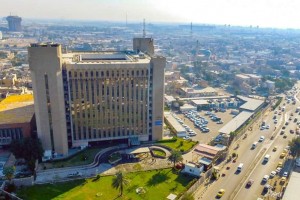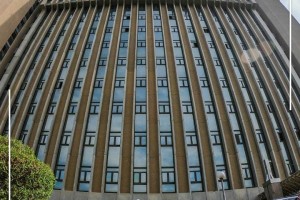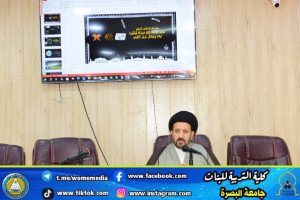
The University of Basra organizes a seminar on the employers of crafts, handicrafts and sellers’ exploitation of pandemics and plagues to increase their profits in the Mamluk era.
The Media of the College of Education for Women
The College of Education for Women at the University of Basra organized a seminar on the employers of crafts, handicrafts and sellers’ exploitation of pandemics and plagues to increase their profits in the Mamluk era.
The seminar organized by the Department of Geography and presented by Dr. Sundus Sabih Muhammad al-Hasan included a brief introduction to the meaning of pandemics and plague and what Egypt, the Levant, Iraq and even European countries were subjected to during the Mamluk era of a wave of pandemic and plague, which was called (Black Death) Or (The Great Plague) because of its severity and wide spread.
Al-Hasan added that the employers of crafts, handicrafts and sellers took advantage of these deteriorating conditions that people suffered from due to pandemics and plagues in their favour, until they enjoyed a prominent position in society for their wealth, as they raised the prices of foodstuffs, in particular foodstuffs that were prescribed as medicine, and herbs that were used as a treatment for the patients, as well as the high costs of preparing the dead due to the large number of funerals.
The study concluded that the employers of crafts and handicrafts and sellers had taken advantage of the difficult circumstances the society had gone through for their benefit, so they built their wealth on the shoulders of the poor and needy among the common people, and this is what happens in every time and place.

